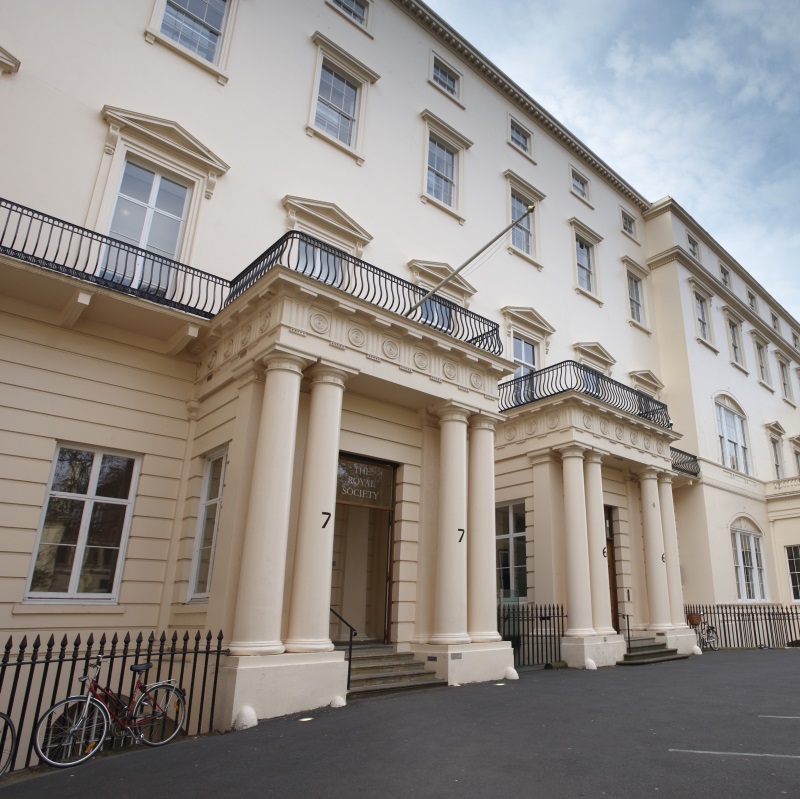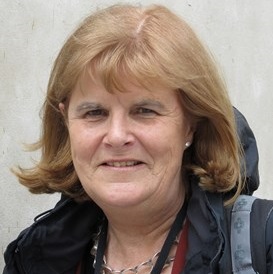Linda Partridge, Vice President of the Royal Society, explores the key themes discussed at this year’s party conference fringe events on COVID-19.

Autumn is political party conference season, and although we weren’t able to attend in person this year, the Royal Society teamed up with our fellow UK national academies to host a series of virtual ‘ask the experts’ Q&A panel discussions on COVID-19. The four academies represent the breadth of research and innovation in the UK, and we are all playing different roles in responding to the huge challenges brought about by the pandemic.
The series was chaired by The Times science editor Tom Whipple, and we were joined by frontbench MPs representing their respective parties: Labour’s shadow science minister Chi Onwurah, Lib Dem health spokesperson Munira Wilson, and finally the Conservative science minister Amanda Solloway. If you weren’t able to join us, you can watch a recording of our Conservative Party event and a recording of the Labour Party event on our YouTube channel. We’re planning to be at the SNP conference at the end of November.
Please note that due to a technical issue, the first 10 minutes of the Labour Party event were not recorded.
A few key themes were raised at the discussions:
The contribution that global scientific research and innovation have made to our rapid understanding of the virus and how to limit its spread. The scale and nature of the pandemic is unprecedented in modern times, but our rapid progress in understanding, modelling and predicting the nature and spread of the virus is the result of investment in research over many decades and the commitment of an army of scientists collaborating openly and widely across the globe.
The extent to which major government decisions throughout the pandemic have “followed the science”. It is of course right for government to take an evidence-based approach. However, when communicating this to the public, ministers need to be clear that they are making the best decisions based on the evidence available to them at the time and that they may need to change direction later when further evidence comes to light. They should also stress that data can be uncertain, incomplete or missing, and that science advice is only one of the things under consideration when they are making hard choices about how to respond to the pandemic. But rapid decisions do need to be made, with economics, ways of implementation, and broad consequences to society also under consideration.
They also need to be able to take the public with them, and this crisis has clearly tested public in trust in science. Science and scientists have been under the spotlight and at the heart of political decision-making like never before, and although the community needs to work hard to maintain the trust we enjoy, it is also important that we retain our independence and our transparent and open approach to our work.
The need to learn from this pandemic and increase our resilience in the future. The virus has brought into sharp relief other challenges that threaten to rock our way of life, from climate change to deeply entrenched inequalities of opportunity. Research and innovation is central to tackling these global issues, and will be key to building better jobs and opportunities across every nation and region of the UK in the future.
The government has made welcome commitments to increase science spend and recognises the value of research and innovation to deliver its ambitions and improve people’s lives. We now need a clear roadmap for how this increased public investment in R&D will be delivered, and how it will attract greater private investment, through the Spending Review that is currently underway.
The importance of international collaboration. Alongside the pandemic, the Brexit process continues. As the pandemic has shown, it is more important than ever that we strengthen our collaborations with scientists around the world. We must secure full association with Horizon Europe, the new EU research and innovation funding programme, and build science relationships with other regions and nations.




